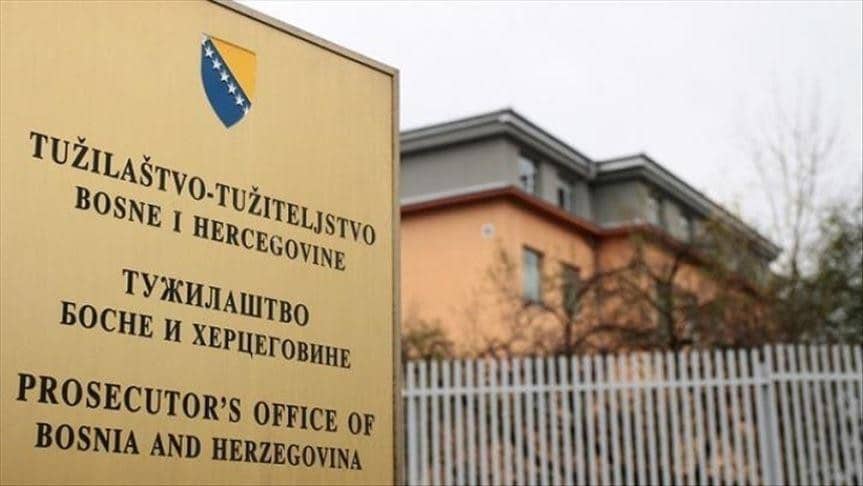SARAJEVO, JANUARY 2 (ONASA) – As of January 2, the Constitutional Court of Bosnia and Herzegovina will not have a single judge elected by the National Assembly of the RS, as from that date Judge Zlatko M. Knežević will be on early retirement. Thus, the Constitutional Court, which should have nine judges, remains at six.
The question arises as to what are the legal and political consequences of the fact that the Constitutional Court of Bosnia and Herzegovina will no longer have any judges from the RS.
There are no legal ones, but political ones can be of any kind, considering the politics of the authorities in the RS – said Nurko Pobrić, professor of constitutional law.
He explained that the Constitution states that the Constitutional Court of BiH decides by a majority of its members, which means that five out of nine are enough to be in session.
There are no consequences for the court. There are already political consequences. It may be that the RS will not implement the decisions of the Constitutional Court of BiH, in such a composition where there are no judges appointed by the NSRS. That is one of the possible consequences. Who knows what can happen and what is not predictable – added Pobrić.
Dževad Mahmutović, lawyer and delegate of the Bosniak People’s Club in the Council of Peoples of the RS, also said that the Constitutional Court of Bosnia and Herzegovina can still work and make decisions in a formal sense.
However, he added, the problem is that the Grand Council of this court cannot meet, which is made up of local judges and resolves most of the cases related to violations of citizens’ rights in various procedures.
So the Constitutional Court is now doing it in a plenary session, and then that means that it has to be translated into English for foreign judges, and that takes an unnecessarily long time – said Mahmutović.
He noted that, when it comes to filling the missing judges, if the competent parliaments of RS and FBiH do not do it, then it is the obligation of the high representative.
Politically, entity authorities are trying to block the Constitutional Court, and the high representative should prevent that – Mahmutović emphasized.
And the Constitutional Court of Bosnia and Herzegovina announced earlier that, due to the impossibility of the work of the Grand Chamber of the Constitutional Court of Bosnia and Herzegovina, it is forced to resolve cases exclusively in plenary sessions. However, only a limited number of cases can be resolved in this way. The court noted that the cases that are referred to the plenary session in this situation are only those that are urgent or in which a decision on admissibility is made, but that despite great efforts, even all urgent cases cannot be referred to the same plenary session at the same time session.


